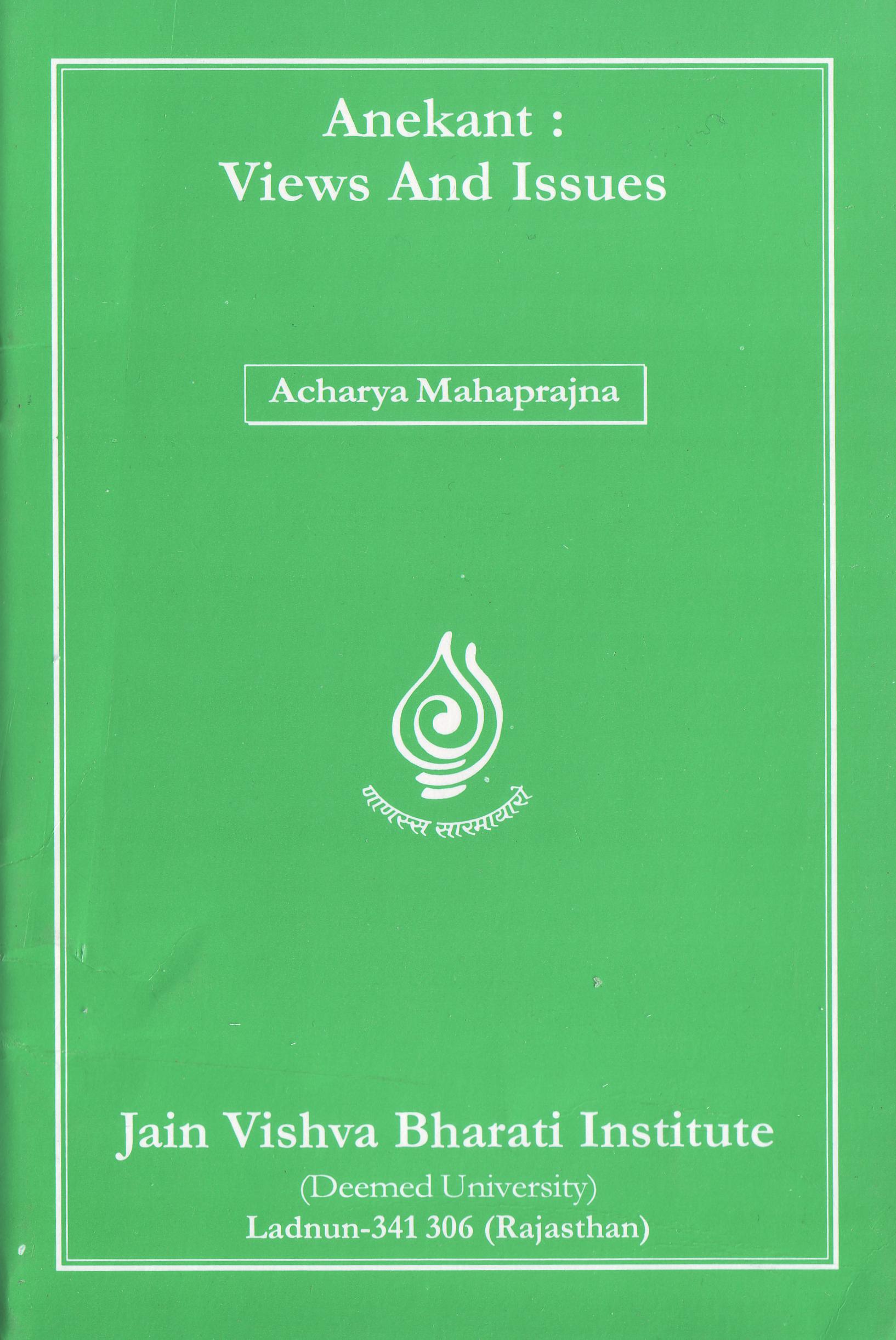Truth is eternal. One who investigates it does not propound it; he only interprets or explains it. Mahavira was not a propounder of truth. He was its interpreter or expositor. He directly experienced truth as a result of long penance and explained it within the limitations of language. He found that truth can be directly experienced, but it cannot be expounded in its entirety. Only partial truth can be explained. Knowledge belongs to the knower, whereas its elucidation is meant for others. Knowledge in itself is direct. When it comes to understanding, knowable is both direct and indirect. In itself it is neither valid knowledge (pramāṇa) nor invalid knowledge (apramāṇa). While trying to understand the knowable, it is both valid knowledge and invalid or false knowledge. Uncertain or doubtful and disorganized knowledge is invalid or false knowledge. Decisive knowledge is valid knowledge. The good-bad or high-low sequence of the growth of knowledge, selfish and benevolent, direct and indirect and valid (true) or invalid (false) - these different forms of knowledge have divided truth into various forms.
Anekānta has paved the way for uprightness and flexibility or non-insistence. He alone realizes the truth who is pure and who accepts things as they are; does not try to fit them in a preconceived mould, does not superimpose his own propensities and personal impressions on others, does not try to use arguments for harmonizing disconsonant and opposed modes. This dedicated practice of uprightness or purity is the practice of total eschewal of bias; it is the practice of emptiness of thoughts. An upright or pure person has no inclination either towards Mahavira or towards anyone else. His mind and brain are empty.
It is the absolutists who have given rise to all the questions, problems and complexities in the quest for truth. An absolutist accepts one fractional truth to refute another fractional truth. Many unnecessary questions are given birth to in the quest for truth by mutual bickering between two absolutists whose sole aim is to prove each others fractional truth as fractional untruth. They are not prepared to accept the real as real. They want to attain truth only either through verbal authority or through canonical authority. They are averse to practise with dedication uprightness or ideational vacuity. It is people of this kind who have trumped up false opposition between fractional truths and thereby have raised questions about the multifacetedness of truth and discounsonance between seers and sages.
- Translated into English by Professor Muni Mahendra Kumar
Jain Vishva Bharati Institute, Ladnun
 Acharya Mahaprajna
Acharya Mahaprajna

